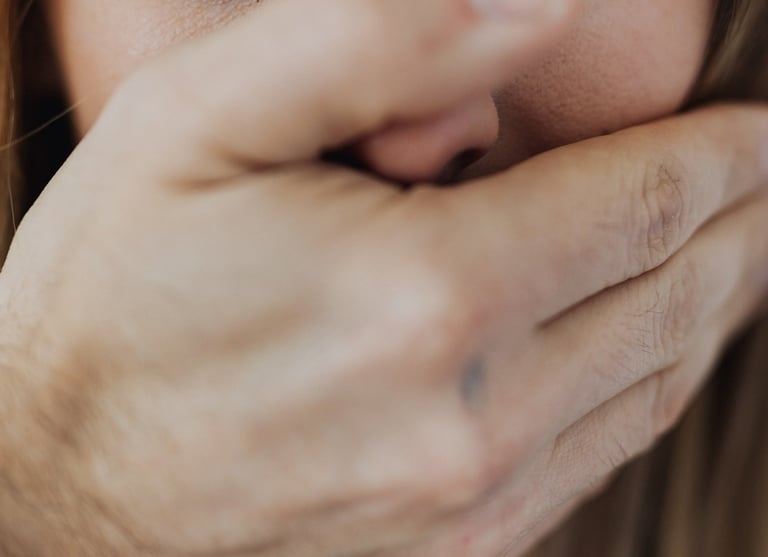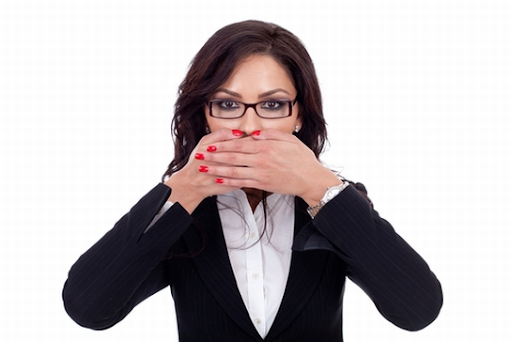SPEAK UP!!!
5/12/20235 min read


Who knew?
As we continue to focus on mental health, I did a simple Google search for “famous people who had recently died by suicide”, and came upon a list of “notable people who died by suicide in the year 2001 and after”. There are 466 persons on this list. They are young and old men and women from every possible country, race and ethnicity, and professional, social, and economic backgrounds.
Honestly, I am shocked. I expected a few persons whose names I would recognize right away and whose deaths I most likely had already read or heard about in the news. I had absolutely no idea of the magnitude of this tragic reality, and how widespread it is.
Mind you, these are only persons considered renowned. It does not touch on the hundreds of “ordinary” people whose suicidal deaths are not recorded in this way. It does not include the many suicides occurring right here in Jamaica even among children. It does not include the school girl right here in my community who, a couple of months ago, committed suicide in her home, a few streets from my house. It does not include my colleague's father whose lifeless body was discovered by her teenage daughter when he committed suicide in their home many years ago.
Why would this interest me, or you now? Well, throughout the month of May, the world is shining the spotlight on Mental Health, and so am I.
While there is much more information and publicity around it today than just even a few years ago, there is still much ignorance about mental health, and as a result, it is still a “taboo” subject/matter in most societies.
So what does suicide have to do with mental health?
The list of 466 persons, also details the causes and explanations for the suicidal deaths. 132 (28%) of the cases were clearly a result of depression and/or anxiety, or bipolar disorder. The teenage girl in my community and my colleague's father's suicides were also due to depression.
What do you think about when you hear mental health or mental illness?
I’m almost certain you think of “crazy” or “mad” people. Extreme behaviours all carrying negative connotations that noone wants to be associated with or talk about.




When therefore persons are depressed or suffer from anxiety or other similar forms of mental health challenges, they are simply misunderstood. Their symptoms are minimized and dismissed as weakness or laziness, or treated as trivial or insignificant. They are told to “get over it”, “push through it” or “deal with it”, and they struggle on their own to understand, much less overcome it.
By the time they realize what they are dealing with is long-lasting and serious, they very often cannot fully understand what is happening to them, much less explain it to anyone.
If they learn that what they are experiencing is a form of mental illness, based on the stigma associated with mental illness, they remain silent.
After all, they don’t want to lose credibility, respect, “face”, or risk being labeled and ostracized, or worst of all lose their jobs, positions, or status.


They therefore do not get the help they need and their situation gets worse which is why some cases end in suicide.
Silence must end. Let’s talk about mental health!!!
What is it? Mental health refers to a person's emotional, psychological, and social well-being. It encompasses how individuals think, feel, and behave, as well as how they handle stress, relate to others, and make choices.
Mental health is an integral part of overall health and is essential for a person's ability to cope with the challenges of life, maintain fulfilling relationships, and contribute to society.
Positive mental health involves having a sense of purpose, self-esteem, and resilience, as well as the ability to manage emotions effectively. It also includes experiencing positive emotions, such as joy and contentment, and being able to form and maintain healthy relationships.
On the other hand, mental health problems or mental illnesses refer to a wide range of conditions that affect a person's thinking, mood, behavior, and overall functioning.
There are 4 types of mental health challenges: (1) mood disorders (such as depression or bipolar disorder), (2) anxiety disorders, (3) personality disorders, and (4) psychotic disorders (such as schizophrenia, and post-traumatic stress disorder (PTSD).
It is important to note that mental health exists on a continuum, with individuals varying in their levels of well-being and the presence of mental health challenges.
Some warning signs of mental illness are changes in personality, changes in emotion or mood, isolation, sudden absence of self-care, and a sense of hopelessness or feeling overwhelmed.


“… you will know the truth, and the truth will set you free.” (John 8:32)
SPEAK UP by SEEKING SUPPORT: Don't hesitate to seek help and support when needed. Talk to a trusted friend, family member, or mental health professional if you and/or a loved one are experiencing difficulties or emotional distress. They can provide guidance, advice, and resources to help manage and overcome challenges.
In order to SPEAK UP, you need to STAY INFORMED: Educate yourself about mental health, common mental illnesses, and the available resources. Awareness and understanding can help you recognize potential signs of mental health issues in yourself and/or your loved ones, and seek appropriate help if necessary.
Remember that mental health is a complex issue, and there is no guaranteed method to avoid mental illness entirely.
This week’s RESET TIP
Take proactive steps to care for your mental well-being in order to enhance your resilience and ability to cope with life's challenges.
If you or a loved one is struggling with mental health concerns, don’t delay. This weekend SPEAK UP and reach out to a healthcare professional or a mental health specialist for personalized guidance and support.
And for community support to join my community of women HERE where together we are getting unstuck and moving from feeling depleted and defeated to living purpose-driven, abundant lives.
